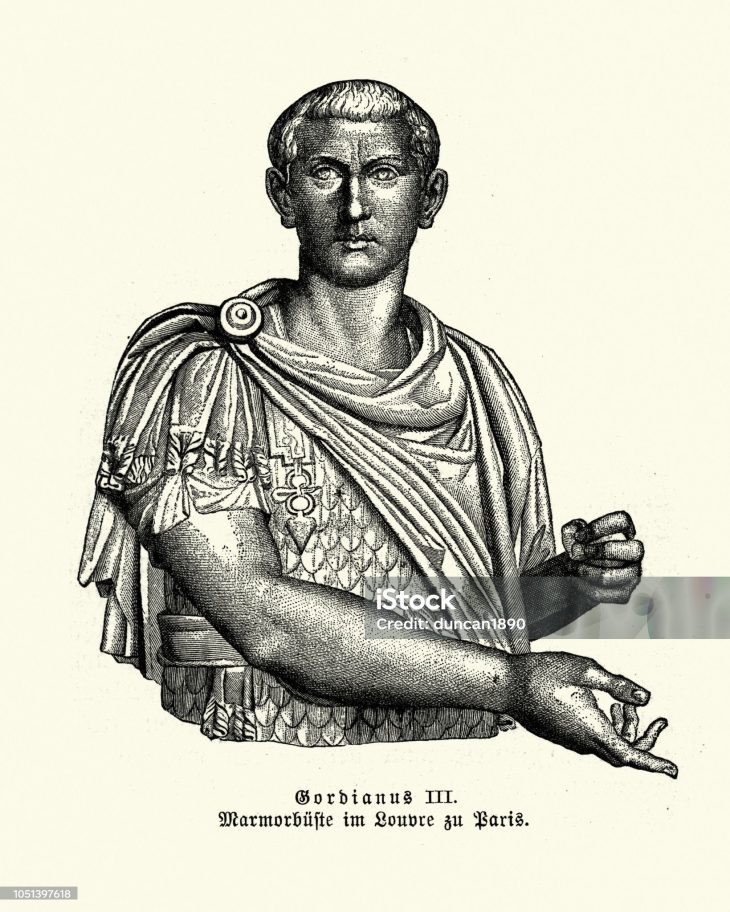
Word of the Day: Conspicuous
Today’s word of the day, courtesy of Words Coach (https://www.wordscoach.com/dictionary), is conspicuous. Pronounced / kənˈspɪk yu əs /, the adjective means “easily seen or noticed; readily visible or observable” or “attracting special attention, as by outstanding qualities or eccentricities” (https://www.dictionary.com/browse/conspicuous). In Samuel Johnson’s 1755 Dictionary, he gives two definitions: “Obvious to the sight; seen at distance” and “ Eminent; famous; distinguished” (https://johnsonsdictionaryonline.com/views/search.php?term=conspicuous).
According to Etymonline.com, the word appears in English in the “1540s, ‘open to view, catching the eye,’ from Latin conspicuous ‘visible, open to view; attracting attention, striking,’ from conspicere ‘to look at, observe, see, notice,’ from assimilated form of com-, here perhaps an intensive prefix (see com-), + specere ‘to look at’ (from PIE root *spek- ‘to observe’). Meaning ‘obvious to the mind, forcing itself upon the attention’ is from 1610s; hence ‘eminent, notable, distinguished’” (https://www.etymonline.com/search?q=conspicuous).
That PIE root *spek- “to observe” appears in a lot of contemporary English words. “It might form all or part of: aspect; auspex; auspices; auspicious; bishop; circumspect; conspicuous; despicable; despise; episcopal; especial; espionage; espy; expect; frontispiece; gyroscope; haruspex; horoscope; inspect; inspection; inspector; introspect; introspection; perspective; perspicacious; perspicacity; prospect; prospective; respect; respite; retrospect; scope; -scope; scopophilia; -scopy; skeptic; species; specimen; specious; spectacle; spectacular; spectrum; speculate; speculation; speculum; spice; spy; suspect; suspicion; suspicious; telescope” (ibid.). And I can see that root in all of those words except bishop.
So where does bishop come from?
So bishop come from “Old English bisceop ‘bishop, high priest (Jewish or pagan),’ from Late Latin episcopus, from Greek episkopos ‘watcher, (spiritual) overseer,’ a title for various government officials, later taken over in a Church sense, from’epi- ‘over’ (see epi-) + skopos ‘one that watches, one that looks after; a guardian, protector’ (from PIE root *spek- ‘to observe’)” (https://www.etymonline.com/search?q=bishop).
According to On This Day, on this date in 238 “The Roman Senate and Praetorian Guard proclaim 13-year-old Gordian III as Emperor – the youngest-ever emperor of a united Rome” (https://www.onthisday.com/events/july/29).
Here’s the background. From 27 AD to about 180 AD, the Mediterranean world experienced the Pax Romana, a time of peace imposed upon the nations around the Mediterranean Sea by the Roman Empire. The last of that period was overseen by the Five Good Emperors, “the ancient Roman imperial succession of Nerva (reigned 96–98 ce), Trajan (98–117), Hadrian (117–138), Antoninus Pius (138–161), and Marcus Aurelius (161–180), who presided over the most majestic days of the Roman Empire” (https://www.britannica.com/topic/Five-Good-Emperors). As a side note, personally I think that by “good emperors” historians ought to mean “not as bad as most of the other emperors” as there is really nothing good about someone with absolute power over others. Indeed, the Britannica article talks about how much these Five Good Emperors oversaw “considerable expansion of the empire, from northern Britain to Dacia and to Arabia and Mesopotamia. The empire was consolidated, its defenses were perfected, and a tolerably uniform provincial system covered the whole area of the empire. The client states had one by one been reconstituted as provinces, and even the government of Italy had been in many respects assimilated to the provincial type” (ibid.). I wonder how many people died in that expansion.
After a period of civil war, the dynasty of Septimus Severus kept the Empire together from about 190 to about 235, when the last of that dynasty, Alexander Severus, was murdered. Maximus Thrax (he was of Thracian origin) was declared Emperor, but many in the Roman Senate opposed him. “In 238, a rebellion broke out in the Africa Province, where Gordian’s grandfather and uncle, Gordian I and II, were proclaimed joint emperors. This revolt was suppressed within a month by Cappellianus, governor of Numidia and a loyal supporter of Maximinus Thrax” (https://en.wikipedia.org/wiki/Gordian_III).
The Senate chose a couple of senators to replace the Gordians, and they replaced Maximus Thrace when his army rebelled against him and killed him, but these two senators were enormously unpopular. So finally the Senate settled on a 13-year-old boy because, well, who doesn’t like 13-year-old boys?
As is the case with so many young “rulers” throughout history, Gordian III’s reign began with other people actually in charge, in this case the Senate. But the Senate wasn’t constructed to run an empire, particularly an empire in decline. “By the 3rd century, the Roman frontiers weakened against the Germanic tribes across the Rhine and Danube, and the Sassanid Empire across the Euphrates increased its own attacks. When the Sasanians under Shapur I invaded Mesopotamia, the young emperor opened the doors of the Temple of Janus for the last time in Roman history, and sent a large army to the East. The Sassanids were driven back over the Euphrates and defeated in the Battle of Resaena (243). The campaign was a success and Gordian, who had joined the army, was planning an invasion of the enemy’s territory, when his father-in-law died in unclear circumstances. Without Timesitheus, the campaign, and the Emperor’s security, were at risk. Due to the campaign’s success, Gordian boasted about his achievements to the Senate” (ibid.).
Perhaps because of the success, Gordian III, now in charge, decided to start a second campaign. Unfortunately for him (and, let’s face it, his followers), he lost, and shortly thereafter he died, though exactly how he died is unclear. He was just 19 years old when he died.
Roman emperors came, and Roman emperors went. Many of them are unrecognizable to the average person in the 21st century. But Gordian III was conspicuous, perhaps because he was the youngest person in the period of the united empire to be made emperor. It would be hard to be in the situation and not be conspicuous.
The image today is a “Vintage engraving of Roman Emperor Gordian III from 238 AD to 244 AD” (https://www.istockphoto.com/id/vektor/gordian-iii-kaisar-romawi-gm1051397618-281122892).